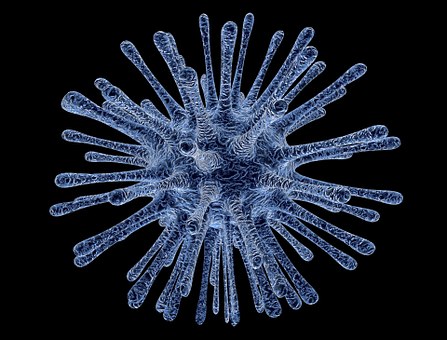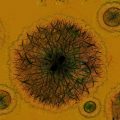De Faakto Outbreak Intelligence
29 January 2019
OUTBREAK INTELLIGENCE
Unknown Virus Identical Symptoms to H1N1 Swine Flu Kills 64 Indore, India
Reports from Gulf News India VIA -Dr Amit Malakar, Integrated Disease Surveillance Programme (IDSP) nodal officer from the Indian National Centre for Disease Control
- There is a common nature of virus found in the samples of these 64 patients
- In most cases, it was found that the patient was suffering from cold and cough
- The virus attacks the immune system and leads to death
- Samples found positive H2N3 instead of H1N1
- Medicines given to swine flu positive patients were not effective
- Dr. Malakar mentioned every year swine flu virus changes its genes and this may be a mutated new form of virus
- An earlier separate outbreak identified as H1N1 Swine flu has already killed at least 77 Indians in the first few weeks of 2019
- De Faakto research is unable to corroborate this outbreak with U.S. CDC, World Health Organization or the Indian Center for Disease Control website at this time
Gulf News India https://gulfnews.com/world/asia/india/unknown-virus-claims-64-lives-in-indore-india-1.61723902
What is Swine Flu?
- Swine influenza (swine flu) is a respiratory disease of pigs caused by type A influenza viruses that regularly cause outbreaks of influenza in pigs (CDC, 2019)
Can humans be infected with swine influenza viruses?
- Yes.Swine flu viruses do not normally infect humans, however, sporadic human infections with influenza viruses that normally infect swine have occurred
- When this happens, these viruses are called “variant viruses”
- Human infections with variant viruses have occurred in people exposed to infected pigs
- There have been documented cases of multiple persons becoming sick after exposure to one or more sick pigs
- Also, cases of limited person-to-person spread of variant viruses have occurred (CDC, 2019)
Signs and symptoms in humans
- Swine and other zoonotic influenza infections in humans may cause disease ranging from,
- mild upper respiratory infection (fever and cough)
- Rapid progression to severe pneumonia, acute respiratory distress syndrome, shock and even death (WHO, 2019)
Treatment
- Evidence suggests that some antiviral drugs, notably neuraminidase inhibitor (oseltamivir, zanamivir), can reduce the duration of viral replication and improve prospects of survival, however ongoing clinical studies are needed (WHO, 2019)
Prevention
- Apart from antiviral treatment, the public health management includes personal protective measures like:
- Regular hand washing with proper drying of the hands
- Good respiratory hygiene – covering mouth and nose when coughing or sneezing, using tissues and disposing of them correctly
- Early self-isolation of those feeling unwell, feverish and having other symptoms of influenza
- Avoiding close contact with sick people
- Avoiding touching one’s eyes, nose or mouth
- Health care workers preforming aerosol generating procedures should use airborne precautions. Standard contact and droplet precautions and appropriate personal protective equipment (PPE) should be made available and used during epidemics (WHO, 2019)
CDC https://www.cdc.gov/flu/swineflu/keyfacts-variant.htm
WHO https://www.who.int/en/news-room/fact-sheets/detail/influenza-(avian-and-other-zoonotic)






